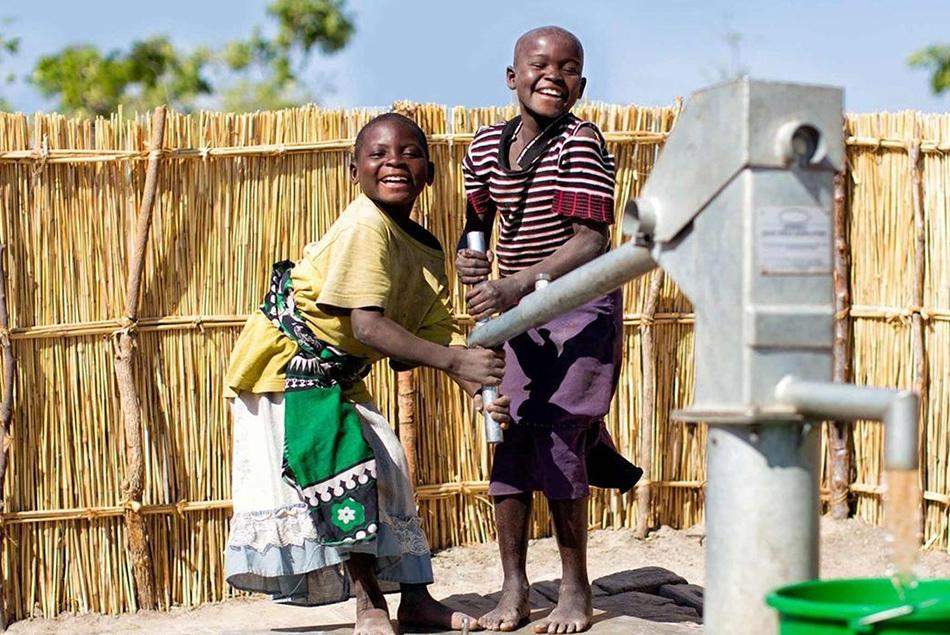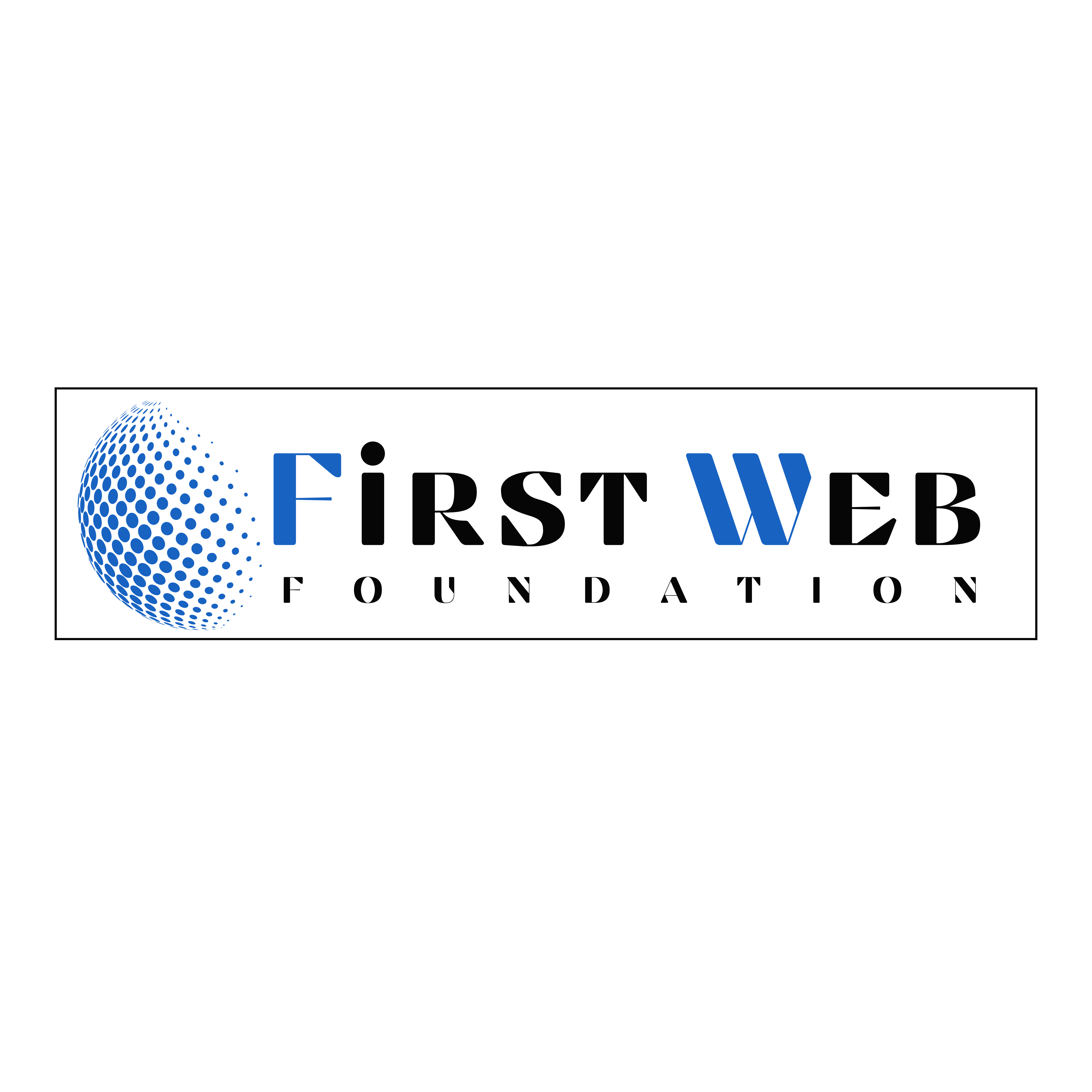Working With Different Nonprofit Categories in Africa

It is common knowledge that there are thousands of small non-profits working in the communities in Africa on various social issues.
Depending on many factors, including the varying institutional size, mandates, and profiles of the beneficial audiences/targets, etc, these nonprofits tend to be structured and constituted differently and known by different terms. Oftentimes, the different terminologies that identify these nonprofits can be confusing.
While some may be known by a more generic term like ‘charity’, some are known as community-based organisations (CBOs) to emphasise that their work is largely confined to a specific community, typically a rural province, district, or village.
Others are simply known as Non-Government Organisations (NGOs) and often tend to operate at a more national level irrespective of the number of sectors they work in. Sectors may include environmental issues, agriculture, health, education, climate change, digital literacy, child or youth rights advocacy, disability advocacy, gender rights, and many more. An NGO may focus its mission on one or more of these sectors. In some countries like South Africa, NGOs are often referred to as Non-Profit Organisations (NPOs).
Another interesting category is called a Faith-based Organisation (FBO). As the name implies, while organisations in this category are those established by, or linked to, the faith communities like Christianity (churches), Islamic faith, and other faiths, they can also be categorised as NGOs or CBOs. In other words, you can have FBO which is legally registered as an NGO. You can also have an FBO that is legally constituted as a CBOs. In this context, aside from their connection to a specific faith, the two main factors that determine how they are categorised tend to be the institutional size and legal status. In most African countries, the legislation under which NGOs are registered differs from the one under which CBOs are registered.
Similarly, NGOs or CBOs specifically established to advance the disability mainstreaming agenda and advocacy, which are predominantly run by people with disabilities themselves, are described as either Disabled People’s Organisations (DPOs) or Organisations of Persons with Disabilities (DPOs). Over recent years, however, the latter has significantly gained more popularity and traction than the former.
Interestingly, some organisations may further be categorized as Civil Society Organisations (CSOs), which makes this entire discourse even more confusing. While people tend to use the terms NGOs and CSOs interchangeably, one thing that is common among many CSOs is their focus on hardcore civil rights (human rights) advocacy. The main concern is the advocacy mandate itself rather than the legal status. CSOs can be national, regional, subregional, or international. Hence, quite a number of CSOs prefer to operate within a loose network, even though other networks can be registered entities in their own right.
I will be writing a separate blog article to differentiate in more detail how different nonprofits are structured and registered in most African countries. But in this article, my main interest is to highlight that the First Web Foundation does not care so much about the category of nonprofits that it partners in the pursuit of its mandate, except the fact that such nonprofits must be operating as a relatively small and under-resourced entity that can demonstrate some impact in the community it operates in as a result of its activities.
First Web’s goal is to support these under-resourced nonprofits that show the potential to impact communities even more with the optimal application of web and mobile-based tools like crowdfunding platforms, social media tools, blogging, podcasting, vlogging, and many more.
In a series of Blog articles that I am going to write next, I will be illustrating how Fist Web and other partners seek to support these small nonprofits to yield more benefits from digital technology tools that can transform their communities in various sectors in which they work.
